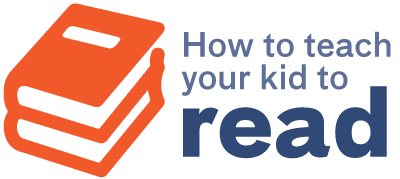For the purposes of this website, I will refer to readers using the following titles. Because reading is a multi-level skill, a child may be fluent in one part of one stage, but not in other parts. In most cases, this means that they would not be ready to move on to the next stage of reading. Another rule of thumb: most children need to read for many hours with various genres at each stage of reading before they have practiced enough to move on to the next level.
Stages of reading:
non-reader: may listen to stories being read, isn't sure how to properly hold a book, is unfamiliar with letter sounds, may or may not verbalize his/her thoughts
pre-reader: holds a book properly, turns pages, listens to stories read aloud, may know some letter sounds
emerging reader: knows majority of letter sounds, uses pictures to help 'read' a story, may know some sight words
fluent reader: knows all letter sounds and most letter blends, knows most sight words - including those with strange/unpredictable spelling patterns, can create a picture of a story in head, characters 'come alive' in child's brain
advanced reader: reads for information, understands and makes personal 'connections' with books, converses with others about elements of book (such as: plot, main idea, main characters, author's message)
